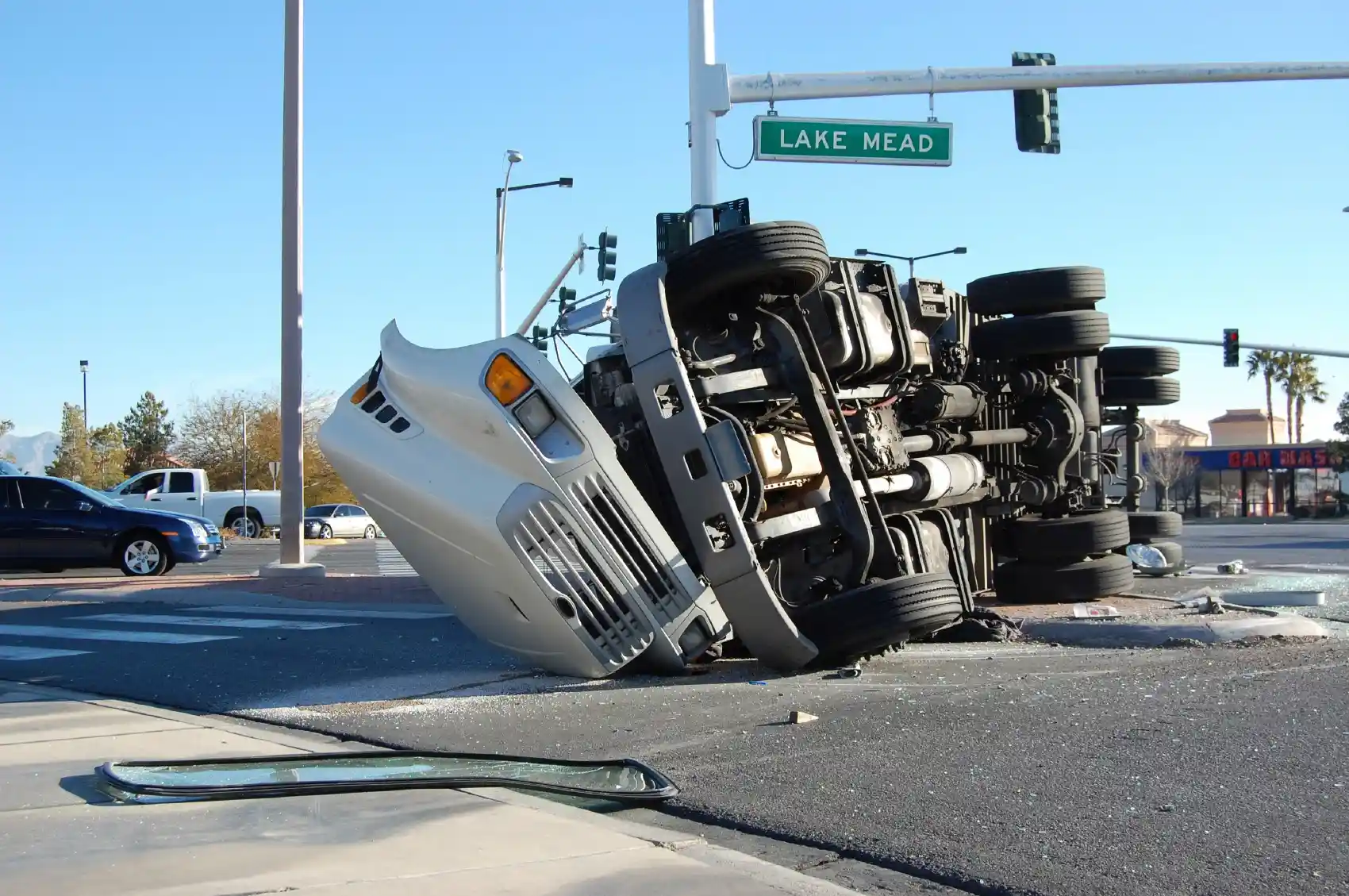 Over the last several decades a concerted effort has been made by both private advocacy groups and governmental agencies to bring awareness to the public about the dangers of drinking and driving. At this point, everyone should be aware that operating a motor vehicle while intoxicated increases the odds of being involved in a collision. If you were recently involved in a motor vehicle crash and were arrested for driving under the influence (DUI) in the State of Nebraska, you are facing a number of serious penalties if convicted. Because there was a collision involved, the court may order you to pay restitution as part of your sentence if convicted. Restitution can be confusing to a defendant for several reasons; however, it is important that you understand what restitution is, and what it is not. To help you better understand the concept, a Nebraska DUI attorney offers an overview of restitution and explains when and why restitution might be part of a sentence.
Over the last several decades a concerted effort has been made by both private advocacy groups and governmental agencies to bring awareness to the public about the dangers of drinking and driving. At this point, everyone should be aware that operating a motor vehicle while intoxicated increases the odds of being involved in a collision. If you were recently involved in a motor vehicle crash and were arrested for driving under the influence (DUI) in the State of Nebraska, you are facing a number of serious penalties if convicted. Because there was a collision involved, the court may order you to pay restitution as part of your sentence if convicted. Restitution can be confusing to a defendant for several reasons; however, it is important that you understand what restitution is, and what it is not. To help you better understand the concept, a Nebraska DUI attorney offers an overview of restitution and explains when and why restitution might be part of a sentence.
DUI Causing a Collision
As you undoubtedly know, driving under the influence is a criminal offense in Nebraska. The level of offense with which you are charged will depend on several factors. One of those factors is whether you caused bodily injury and/or property damage as a result of a collision. As you may well imagine, causing serious bodily injury or death raises the severity level, and corresponding penalties, significantly. Even if the collision you caused did not seriously injure another person, that crash may still play a role in your sentencing in the form of a restitution order.
What Is Restitution?
Restitution is a monetary award or remedy that can be ordered in a civil or criminal case. In a criminal case, a restitution award is based on the value of the damage the defendant caused or the value of the goods a defendant stole/damages. In a DUI case specifically, restitution might be ordered when the defendant caused a collision and the victim suffered personal and/or property damages. Unlike compensation in a civil personal injury lawsuit, however, criminal restitution only covers actual damages. Non-economic damages, commonly referred to as “pain and suffering,” are not included in a restitution award. Restitution is also not the same thing as a fine. You could be ordered to pay both restitution and a fine in a DUI case. The fine goes to the court and/or government whereas the restitution is paid directly to the victim of the collision.
How Is Restitution Determined?
Typically, if a judge is considering ordering the defendant to pay restitution in a DUI case the judge will set the matter for a separate restitution hearing after the trial or acceptance of a guilty plea agreement. At the restitution hearing, the prosecuting attorney will present evidence showing the actual damages suffered by the victim in the case. Examples of actual damages that might be part of a restitution award include costs or expenses associated with:
- Repairing the victim’s vehicle
- Renting a vehicle while the vehicle was being repaired
- Ambulance ride to hospital
- Hospital bill
- Doctor and/or specialist bills
- Therapy or chiropractic care
- Prescription medications
- Lost wages
The defendant may object to, or question the amount of, any bills presented at the restitution hearing. If you are the defendant, and your insurance carrier already paid some of the bills presented to the court, for example, you can provide the court with that proof at the hearing. The purpose of restitution is not to provide a victim with a windfall. If a bill has already been paid the victim does not get paid a second time through the restitution award. Ultimately, the judge will decide if restitution should be awarded, and if so in what amount. In many jurisdictions, however, the amount of restitution that can be awarded is capped.
How Is Restitution Paid?
Usually, restitution is paid through the probation department during the course of the defendant’s time on probation. If you are ordered to pay restitution, make sure you are clear on your order of probation what amount represents restitution and what amounts are for other things such as court costs, fines, and probation fees. Failing to pay the full restitution amount could be considered a violation of your probation.
Contact a DUI Attorney
If you were recently arrested and charged with driving under the influence (DUI) in Nebraska, contact a Nebraska DUI lawyer at Petersen Law Office 24 hours a day at 402-513-2180 to discuss your case with an experienced DUI defense lawyer.

